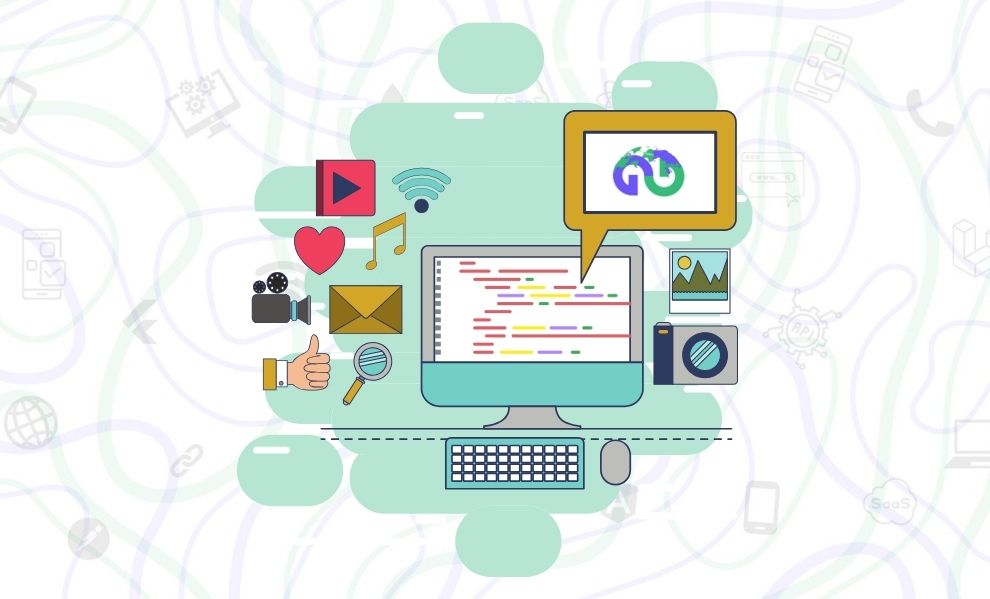
Desktop Application Development: Building Powerful Software Solutions
Desktop application development focuses on creating software that runs on personal computers and workstations. These applications are designed to perform specific tasks or provide functionalities to users, often offering more processing power and offline capabilities compared to web-based solutions. In this article, we will examine the essentials of desktop application development, its benefits, stages, and emerging trends.
What is Desktop Application Development?
Desktop application development involves designing and building software applications that operate on desktop operating systems like Windows, macOS, or Linux. These applications are typically installed directly into the user’s computer and can function without the need for an internet connection—depending on their design.
Benefits of Desktop Application Development
- High Performance: Desktop apps leverage the full computing power of the device, enabling resource-intensive operations.
- Offline Accessibility: Unlike web applications, many desktop apps work seamlessly without an active internet connection.
- Enhanced Security: Data can be stored locally, reducing exposure to online threats when designed securely.
- Rich Functionality: Desktop applications often provide more comprehensive features compared to their mobile or web counterparts.
- Customizability: Tailored to meet specific user needs, offering unique interfaces and functionalities.
Key Stages of Desktop Application Development
- Requirement Analysis: Understanding goals, target audience, and functionality of the application.
- Design: Creating detailed mockups and prototypes for the user interface (UI) to ensure intuitive user experience (UX).
- Development: Choosing the appropriate programming language and framework (e.g., C#, Java, Python) and developing frontend and backend functionalities.
- Testing: Conducting rigorous testing to identify and fix bugs, check performance, security, and compatibility.
- Deployment: Packaging the application for distribution and ensuring a simple installation process.
- Maintenance and Updates: Monitoring performance, addressing user-reported issues, and releasing updates to improve features.
Types of Desktop Applications
- Productivity Software: Tools like word processors, spreadsheets, and project management applications.
- Media Applications: Software for editing images, videos, or audio.
- Gaming Applications: High-performance games tailored for desktop environments.
- Utility Software: System tools such as antivirus programs, file managers, and backup software.
- Enterprise Applications: Business-focused solutions like customer relationship management (CRM) or enterprise resource planning (ERP) tools.
Challenges in Desktop Application Development
- Platform Dependency: Ensuring compatibility across multiple operating systems.
- Resource Management: Optimizing applications to avoid high CPU or memory usage.
- User Expectations: Balancing feature richness with a user-friendly design.
- Security: Protecting against malware, unauthorized access, and data breaches.
- Distribution: Simplifying the installation process and ensuring updates are easily accessible.
Emerging Trends in Desktop Application Development
- Cross-Platform Development: Tools like Electron, Qt, and .NET MAUI enable developers to create applications for multiple platforms with a single codebase.
- Cloud Integration: Hybrid applications that combine local storage with cloud-based services.
- AI Integration: Enhancing user experience with machine learning features like predictive analytics and automation.
- AR/VR Capabilities: Immersive desktop applications for training, gaming, and simulations.
- Enhanced UI/UX: Modern designs focused on simplicity and functionality, leveraging frameworks like WPF and UWP.
Desktop application development remains a vital part of the software industry as it offers robust and feature-rich solutions for various needs. With advancements in technology and tools, developers can create powerful, secure, and scalable desktop applications that cater to the demands of diverse user groups. Whether it is for personal use, business, or entertainment, desktop applications continue to play an essential role in the digital space.
Why Choose Globextra?
At Globextra, our skilled developers ensure your desktop application is innovative, functional, and aligned with your business vision. Accessing our services is simple:
- Select a Plan: Explore our offerings and choose the desktop application package that fits your requirements.
- Start Your Journey: Complete your purchase and let us handle the development process.
- Empower Your Business: Launch a desktop application that enhances productivity and drives growth.
Let Globextra transform your ideas into powerful software solutions. Your success is just a click away!